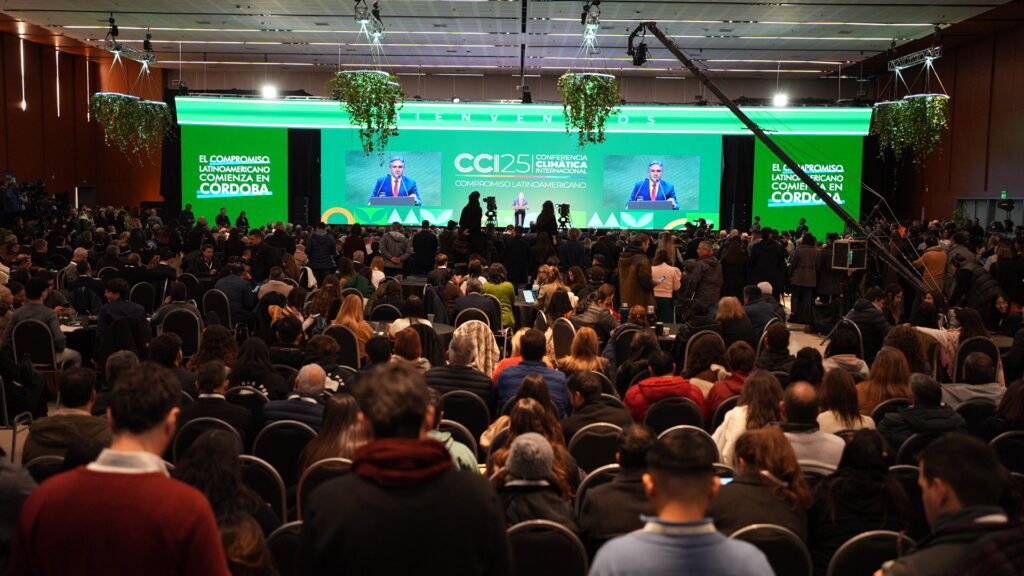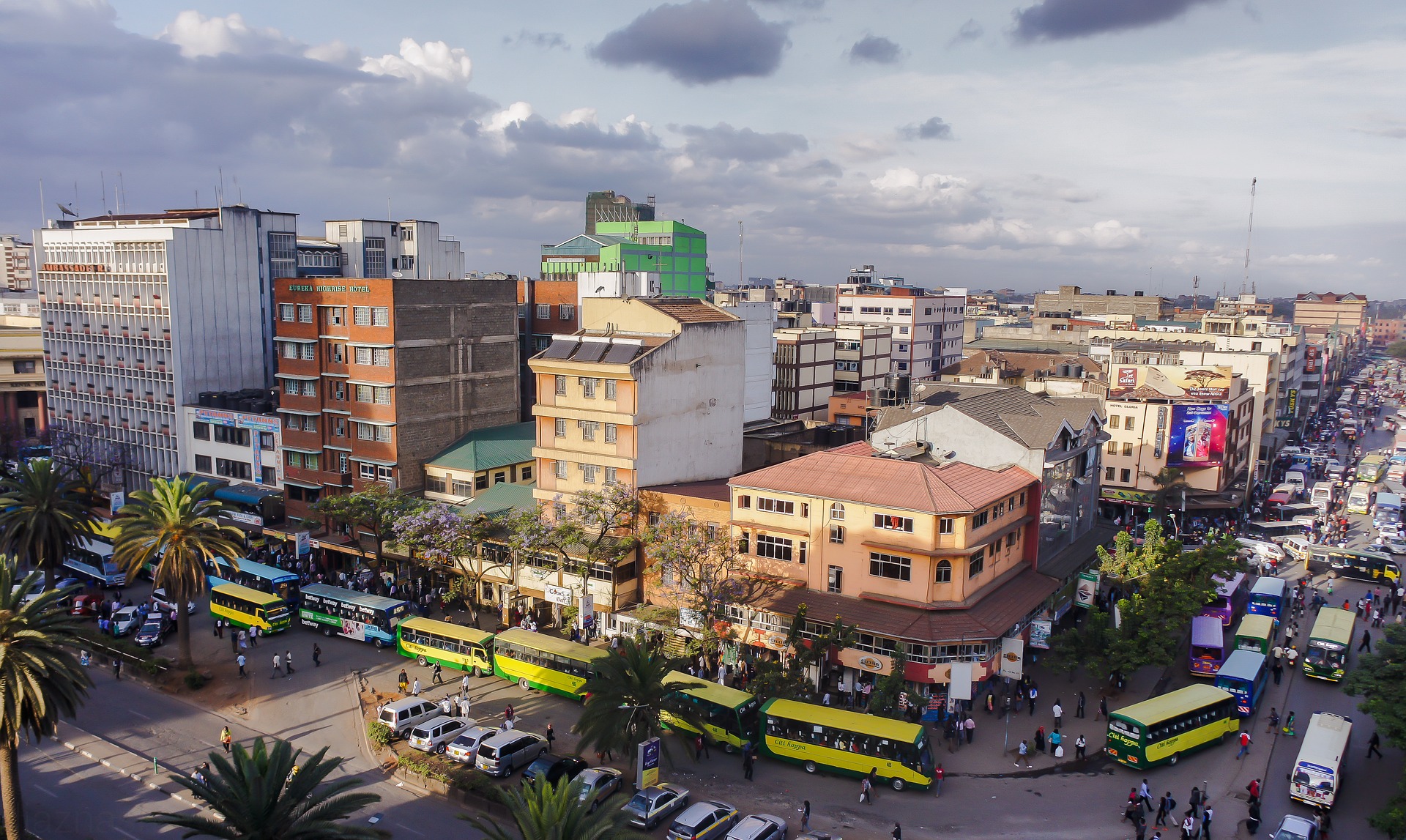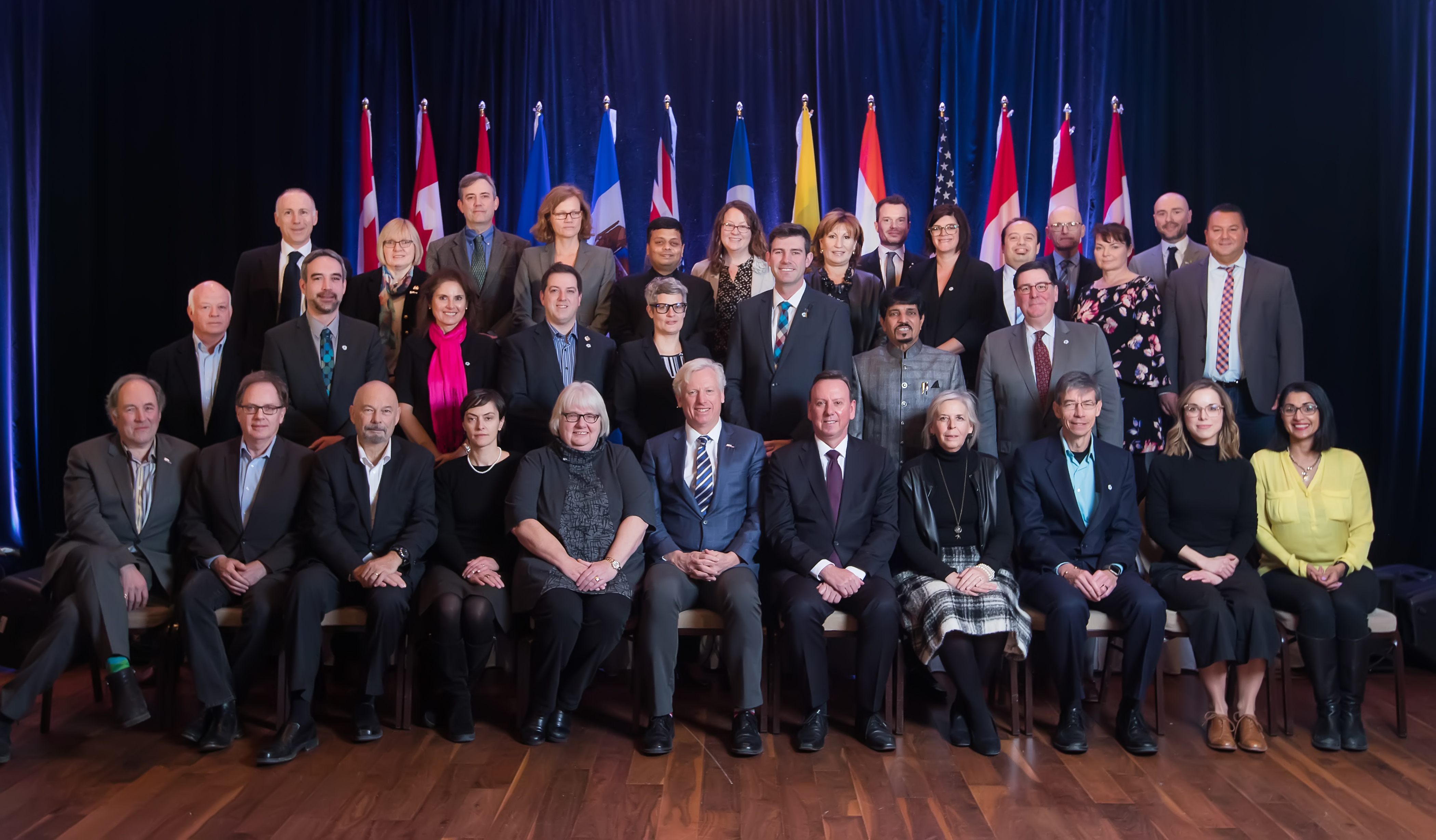From July 1 to 3, the Global Covenant of Mayors for Climate and Energy (GCoM) actively contributed to the International Climate Conference “Latin American Commitment” (CCI25), held in Córdoba, Argentina. As the region and the world gear up for COP30 in Belém, Brazil, GCoM emphasized the critical role of cities and regions in shaping ambitious, inclusive, and finance-ready climate solutions. Through high-level sessions focused on gender equity, climate finance, artificial intelligence and innovation partnerships, GCoM reaffirmed its commitment to empowering local governments and advancing a just and effective climate transition around the world.
Gender and Inclusion at the Heart of Climate Action
On July 1, GCoM co-organized two plenary sessions on gender and inclusion, in partnership with UN Women, Instituto Alziras, ICLEI Argentina, and Local Innovation Network (RIL). The sessions addressed the intersection of climate impacts and systemic inequalities affecting women, girls, and marginalized communities across the globe and showcased real case stories and local policy innovations from cities across their regions – highlighting how inclusive, community-driven actions are shaping climate solutions in their municipalities.
Reflecting on the power of inclusive leadership, Carolina Basualdo, Mayor of Despeñaderos, Argentina, GCoM Board Member and President of the Latin America GCoM Mayors’ Forum, emphasized the urgency of feminist and justice-centered climate action: “There is no climate action unless it is inclusive, feminist, and just. Women are among the most exposed to the consequences of climate change, but they are also the ones driving change and climate action with innovative, community-rooted solutions. This session was proof of that – women deeply committed to their communities, their research, and their actions, who undoubtedly inspire continued work in climate action.”
The sessions brought together a diverse and powerful group of women leaders from government, civil society, and academia. Among the high-level participants besides Carolina Basualdo, Mayor of Despeñaderos (Argentina) and GCoM Board Member, were Marcia Conrado, Mayor of Serra Talhada (Brazil) and Vice President for Gender at the National Front of Mayors of Brazil (FNP); Claudia Martínez, Secretary of Women’s Affairs of Córdoba Province (Argentina); Cida Falabella, Councilwoman of Belo Horizonte (Brazil); Fernanda Lordelo, Secretary for Women, Childhood and Youth of Salvador (Brazil); and Liliana Miranda, lead author of the IPCC and representative of the Cities for Life Forum in Peru. Their voices underscored the importance of representation and the integration of care, justice, and equity in climate solutions.
Asma Jhina, Senior Advisor on Urban Climate Finance and Inclusive Action at GCoM, officially launched the GCoM Gender & Inclusion Toolkit, a new practical resource to help cities embed inclusive principles into climate policy, design, budgeting, and implementation. “Cities are already doing great work to embed gender and inclusion considerations in their climate action planning. This toolkit showcases some of those excellent solutions and provides step-by-step guidance and tools on how cities can move beyond compliance and participation towards transformative change–ensuring that intersectional justice is central to climate planning,” she stated.
Elevating Science-Policy-Practice Dialogue with authors of the IPCC Special Report on Climate Change and Cities
Later on July 1, GCoM co-hosted a high-level dialogue alongside UN-Habitat and IPCC experts to spotlight the upcoming IPCC Special Report on Climate Change and Cities. The session focused on aligning global research with Latin American urban realities and explored knowledge gaps and action priorities related to circularity, indigenous knowledge, climate justice, and finance. City leaders from Argentina, Brazil, and Peru exchanged perspectives with lead authors and researchers, underscoring the importance of ‘translation’ between local practice and knowledge and international science-policy processes. The session also previewed the forthcoming City Climate Action Knowledge Center (working title): an inclusive global platform for knowledge centered around the nexus of science, policy, and practice for city climate action. This Knowledge Center – as well as the exchanges between researchers and city leaders – drew on key insights from the updated Global Research and Action Agenda (GRAA) and the 2024 Innovate4Cities Conference.
Driving Urban Innovation Through the Innovate4Cities Marketplace
On July 2, GCoM co-hosted – alongside UN-Habitat – the 2025 Innovate4Cities Marketplace, a dynamic space connecting municipalities with researchers, innovators, and businesses to co-develop locally tailored solutions. The event also featured the launch of the Cities and Local Governments Sector Brief, highlighting knowledge gaps and action priorities across the region. During the session, thirteen Latin American cities across Argentina, Brazil, Chile, Costa Rica, Ecuador, and Peru ‘pitched’ their most pressing climate challenges, followed by innovation pitches and roundtable exchanges on topics including AI, climate finance, biodiversity, and waste and circular economy.
“The Innovate4Cities Marketplace in Córdoba showed that while local governments are forging ahead with action implementation that responds to the needs of their constituents, significant gaps in knowledge, capacity, and financing continue to dampen progress,” emphasized Benjamin Jance IV, Director of Climate Action Innovation, Research, and Impact at GCoM. “By connecting practice, science, and policy, we are laying the building blocks for evidence-driven local solutions that spur job growth, improve health and livelihoods, and – crucially – can be executed through partnership at speed and scale.”
Technical Visit to Despeñaderos: Local Climate Action and Gender-Inclusive Solutions in Practice
As part of the conference agenda, participants were invited to a technical visit to Despeñaderos, a GCoM city led by Mayor Carolina Basualdo, to explore local climate initiatives led by women. The visit included the emblematic Despeñaderos Florece project, which transforms a former quarry into a space for agroecological flower production, sustainable tourism, and environmental education, led by women entrepreneurs. Participants also visited Mujeres Resilientes y Corazones que Cuidan, a circular economy initiative focused on textile recycling and women’s empowerment, and Grupo Dos Ríos, a public-private partnership advancing biodiesel production. A highlight of the visit was the inauguration of a new recycled sports court at Club Juventud Alianza, funded through the Bloomberg Philanthropies Youth Climate Action Fund, of which Despeñaderos is one of only 100 beneficiary cities worldwide. These local actions showcased how inclusive and community-driven approaches are delivering tangible environmental, economic, and social benefits.
Mayors’ Forum Meeting: Advancing a Shared Local Climate Agenda for COP30
Following the technical visit, members of the GCoM Mayor’s Forum in Latin America held a strategic meeting in Despeñaderos to align the region’s local climate agenda ahead of COP30. The session was chaired by Carolina Basualdo, who currently presides over the Forum and represents Latin America on GCoM’s Global Board. The Forum brings together 13 mayors from signatory cities across eight countries from Latin America who lead concrete climate actions and serve as regional ambassadors for local leadership in multilateral processes.
The meeting brought together mayors and local representatives included Daniel Passerini, Mayor of Córdoba (Argentina); Erick Jiménez, Mayor of Oreamuno (Costa Rica); Diana Caiza, Mayor of Ambato (Ecuador); Marcia Conrado, Mayor of Serra Talhada (Brazil); Nicolás Cuesta, Mayor of San Justo (Argentina); Janeth Vásquez, Mayor of Coronel Portillo (Peru); Pamela Torres, Secretary of Environment of Renca (Chile); Carlos Andrés Correa Mesa, Secretary of Environment of La Estrella (Colombia); who reaffirmed their commitment to an ambitious and inclusive regional agenda, adapt to the realities of Latin America cities and aligned with the goals of COP30 Belém.
Scaling Artificial Intelligence for City-Led Climate Action
On July 3, GCoM convened a panel on Artificial Intelligence (AI) and Climate Action, bringing together digital transformation experts, city leaders, and innovation labs. The session explored how AI and digital tools can help cities model scenarios, assess risks, and make evidence-based decisions. Highlighting the outcomes of GCoM’s first AI x City Climate Action Hackathon on the urban heat island effect, the City of Belo Horizonte shared pioneering experiences in AI-enabled planning. The session also spotlighted the AI x City Climate Action Hackathon 2025, currently open for submissions with finalists pitching atNew York Climate Week this September. The panel discussed concerns raised by AI such as job loss, energy consumption and hallucinations, while presenting concrete examples of implementations of AI to accelerate climate action at the city level. The session concluded with a call to democratize access to data and ensure digital innovation supports equity and resilience in cities.
Strengthening Project Preparation and Climate Finance for Cities
Moreover, on July 3, GCoM – through its Invest4Cities initiative and in collaboration with the GCoM-Gap Fund Partnership and Bankable Cities – hosted a session focused on scaling urban climate finance. Under the theme “Learning from Action”, the session gathered multilateral development banks, subnational governments, and technical experts to reflect on challenges and opportunities to strengthen the climate project preparation and the role of the project accelerators. The session featured concrete examples from Argentina, Chile, and Brazil, spotlighting early-stage project support in solar energy and green infrastructure.



